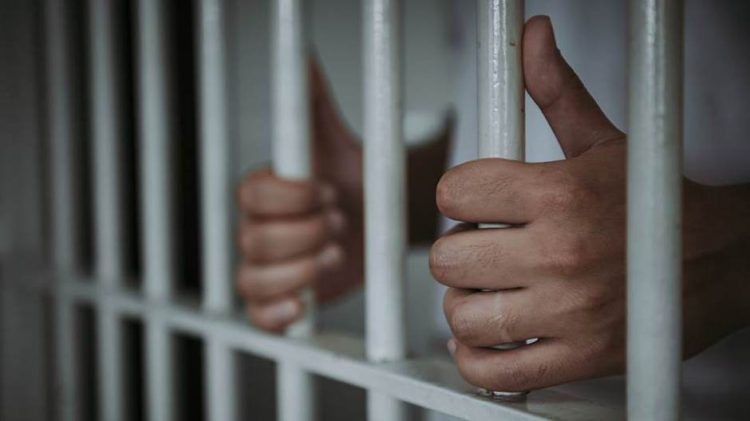
While the media primarily focused on the latest decision of Bosnia's international administrator in terms of banning the denial of the 1995 Srebrenica Genocide, it is important to note that the new law also makes glorification of any war crimes that were determined in court illegal in the country, including those committed by Bosnian Croat and Bosniak forces.
The outgoing High Representative in BiH, tasked with overseeing the civilian implementation of the 1995 Dayton Peace Agreement, Valentin Inzko, used his special powers on Friday to impose amendments to the BiH’s Criminal Code which sanction the glorification of war criminals convicted by final and binding judgments, as well as the denial of genocide, crimes against humanity and war crimes.
The law will come into force on Wednesday, a day after it was published in the official gazette.
While welcomed by Bosniak top officials in the country, Inzko’s move prompted officials from Bosnia’s Serb-majority Republika Srpska (RS) entity, who have been denying that a genocide took place in the eastern town of Srebrenica for years, to discuss a “joint response.”
Political leaders in the RS, including those from the opposition, decided on Monday that members of their parties will not participate in the work of BiH institutions “until the issue is resolved.”
According to the Serb member of Bosnia’s tripartite Presidency and the leader of the ruling party in the RS, Milorad Dodik, Inzko’s decision is political and targets Bosnian Serbs specifically.
However, the law says that “whoever publicly condones, denies, grossly trivializes or tries to justify a crime of genocide, crimes against humanity or a war crime” established by final judgments of international courts or the court of BiH, or “whoever gives a recognition, award, memorial, any kind of memento, or any privilege or similar to a person sentenced by a final judgement for genocide, crimes against humanity or a war crime,” will face prison time.
This means that the law refers to the many other war crimes committed in Bosnia, including those committed by the Bosnian Croat Croatian Defence Council (HVO) or the Army of the Republic of Bosnia and Herzegovina.
The International Criminal Tribunal for the Former Yugoslavia (ICTY) handed down prison sentences against top wartime leaders of the self-declared wartime Bosnian Croat political structure, Herzeg-Bosnia, for their involvement in a “joint criminal enterprise” that involved ethnic cleansing and crimes against humanity.
The Croat National Assembly of BiH (HNS), an organisation made up of Bosnian Croat parties, two years ago said that it rejects the ruling and argued that the war Bosnian Croat forces fought in the 1990s was “just and legitimate” and not a joint criminal enterprise.
Top Bosnian Croat political leaders have been celebrating the project of Herzeg-Bosnia, as well as decorating and praising convicted Bosnian Croat war criminals, such as Dario Kordic, throughout the years. After Kordic, whom the ICTY convicted for the 1993 Ahmici massacre in central Bosnia, left prison, he was ceremonially welcomed by top officials of Bosnia’s Croat Democratic Union (HDZ BiH), including party leader, Dragan Covic.
Inzko’s new law makes such activities illegal as well.
It would also encompass any attempts to glorify or trivialise the crimes committed by convicted Bosniak war criminals – such as the six members of the Army of the Republic of BiH, including former commander Nezir Kazic, who were sentenced for war crimes committed in the municipality of Hadzici.
Inzko himself clarified that his interventions in Bosnia’s criminal legislation target a specific ethnic group in BiH but instead deal with individual responsibility, and he rejected “any potential manipulations which might claim that these legislative amendments are directed against one of the three peoples.”
According to the statement by the Office of the High Representative, the amendments aim to address the inadequacy of the currently applicable legal framework of BiH which “does not offer an adequate response to the issue of hate speech manifested through the denial of the crimes of genocide, crimes against humanity and war crimes, even when those crimes have already been adjudicated with final and binding judgments reached by a number of domestic and international courts.”
One of the arguments against initiatives to ban genocide denial is that such a move violates freedom of expression, which is guaranteed by the European Convention on Human Rights.
“Everyone has the right to freedom of expression. This right shall include freedom to hold opinions and to receive and impart information and ideas without interference by public authority and regardless of frontiers,” Article 10 of the Convention says.
However, it also says that the exercise of these freedoms “may be subject to such formalities, conditions, restrictions or penalties as are prescribed by law and are necessary in a democratic society, in the interests of national security, territorial integrity or public safety, for the prevention of disorder or crime, for the protection of health or morals, for the protection of the reputation or rights of others, for preventing the disclosure of information received in confidence, or for maintaining the authority and impartiality of the judiciary.”
Professor at the faculty of Criminal Justice, Criminology, and Security Studies at the University of Sarajevo, Edina Becirevic, clarified in a 2019 publication of the ZDF-Forum entitled “Calling War Atrocities by their right name” that “absolute freedom of speech does not exist in the positive law of BiH or in any progressive-liberal state, because absolute freedom of speech could threaten others.”
The publication also mentions a European Court of Human Rights ruling from June 24, 2003, against Holocaust denier Roger Garaud from France.
The court “gave an authoritative response on restricting freedom of speech by prohibiting genocide denial noting that the justification of a pro-Nazi policy could not be allowed to enjoy the protection afforded under Article 10 of the ECHR,” the publication said.

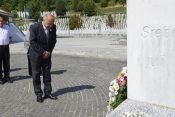

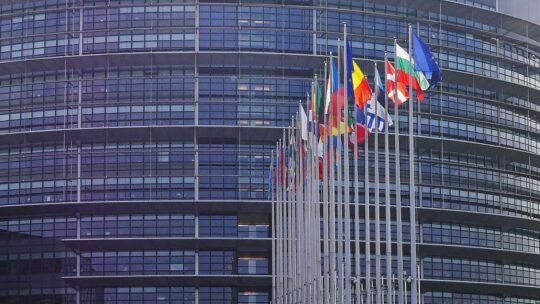
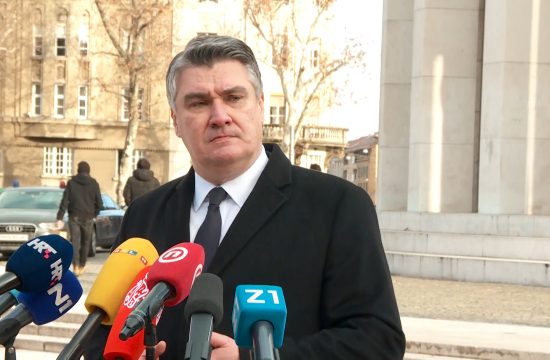
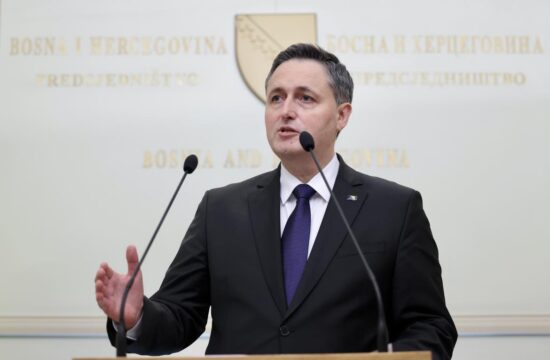

Kakvo je tvoje mišljenje o ovome?
Budi prvi koji će ostaviti komentar!